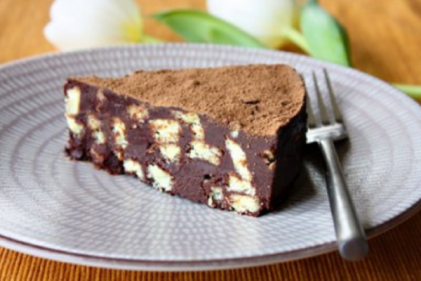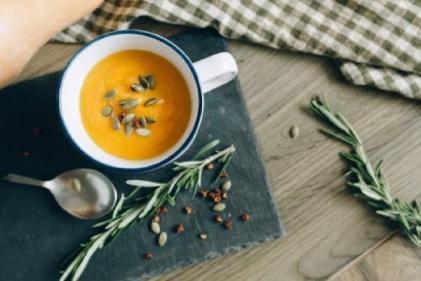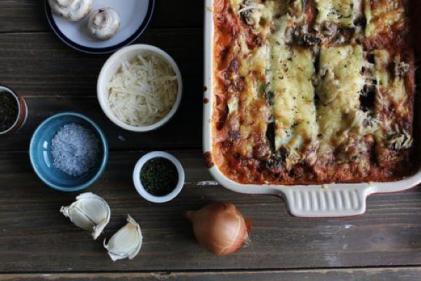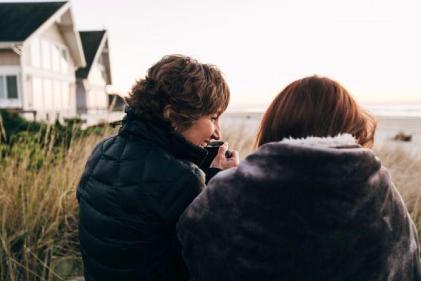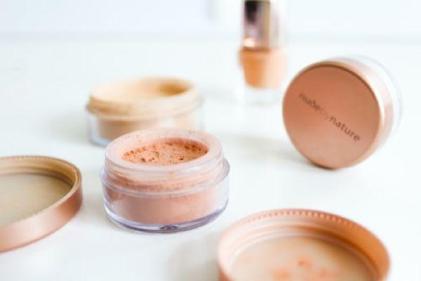If you thought all your digestive problems were over when your baby arrived, think again! Many new mums suffer from what is known as postpartum constipation and it can last anything from a few days to several weeks from when your baby is born.
Post baby constipation is made worse by being unable to take most medications (in the case of mums who breastfeed) and by the sleepless nights, sedentary lifestyle and bad food choices that invariably accompany the birth of a child. The good news is that a few adjustments to your diet can help to address the problem.
The simplest rule to follow is to remember to stay hydrated. Being dehydrated, even mildly, can cause or worsen constipation so make sure that you are drinking plenty of water, juice and other fluids. This is especially important as breastfeeding will cause you to lose more water than necessary. So drink up if you want to avoid dehydration.
Steer clear of caffeinated drinks that act as diuretics and don’t be shy to try prune juice – its reputation for curing constipation is well deserved!
The next step to take is to boost the fibre content in your diet. It’s easier than you think. Substitute wholegrain versions of staples like bread, pasta and even pizza for white flour. Try brown rice, eat bran cereal for breakfast, and snack on fruit and vegetables. Dried fruits are great sources of fibre, and beans and other legumes are also packed with essential roughage, as are muesli, oats and lightly cooked vegetables.
If you find that your dietary changes aren’t having any effect, or if you’re recovering from a caesarean, speak to your doctor before trying other treatments. In the case of the former, he or she can probably recommend a safe stool softener and in the case of the latter, it may be that your constipation is simply a side effect of the procedure and any gas, bloating or diarrhoea that’s caused by medications may increase your discomfort.

